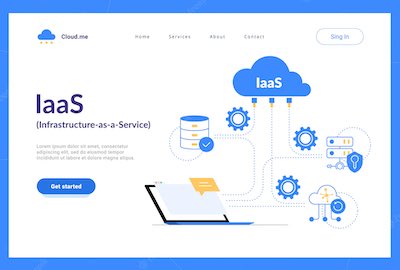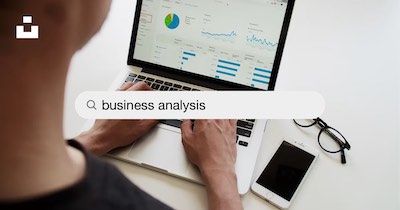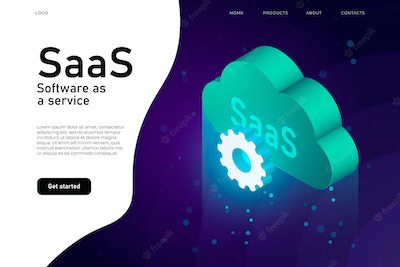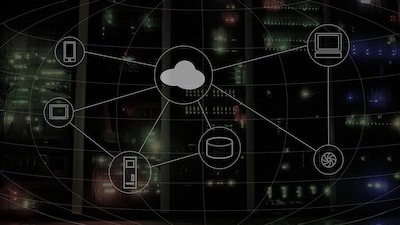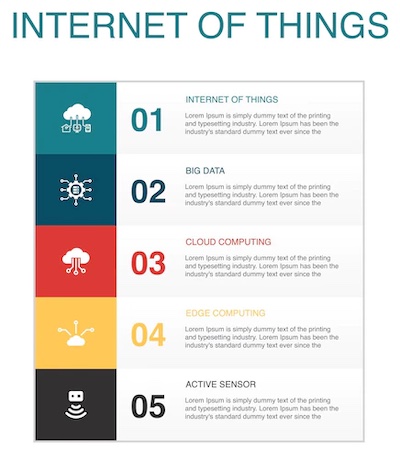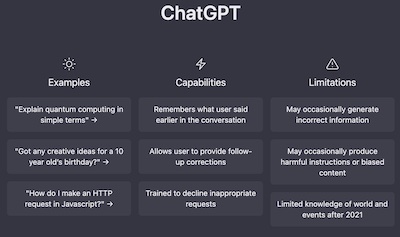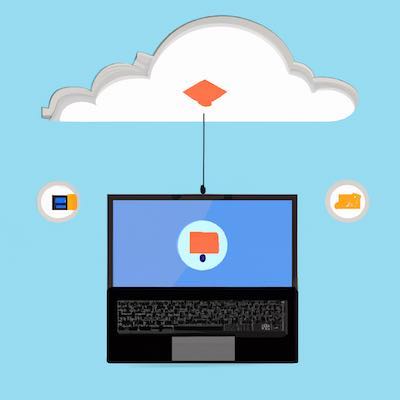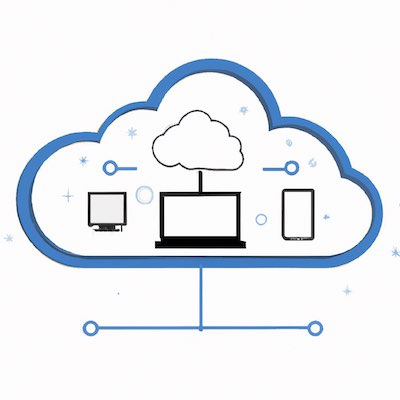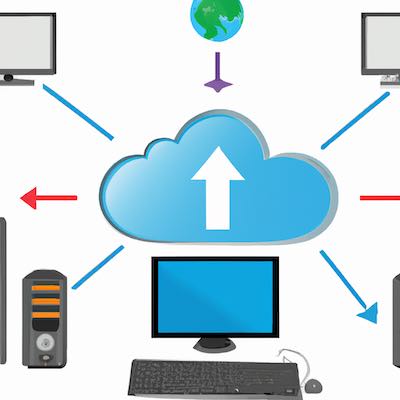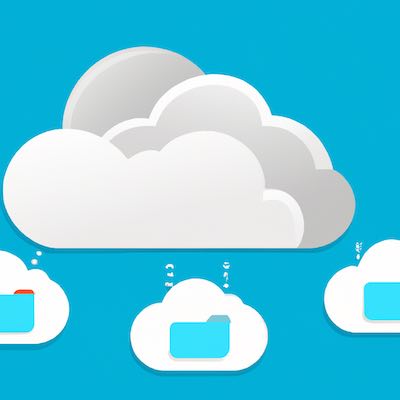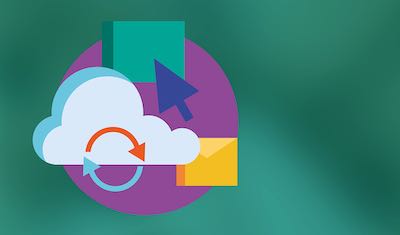 Cloud computing has come a long way since its inception, and it continues to evolve and transform the way businesses and individuals access and manage data. In this article, we'll explore some of the emerging trends and technologies that are shaping the future of cloud computing.
Cloud computing has come a long way since its inception, and it continues to evolve and transform the way businesses and individuals access and manage data. In this article, we'll explore some of the emerging trends and technologies that are shaping the future of cloud computing.
Serverless Computing
Serverless computing is a cloud computing model in which the cloud provider manages the infrastructure and automatically allocates computing resources as needed. With serverless computing, users only pay for the computing resources they actually use, making it a cost-effective solution for many applications.
One of the biggest benefits of serverless computing is its scalability. Since the cloud provider automatically manages the infrastructure, users can quickly and easily scale their applications up or down based on demand. Serverless computing is also ideal for applications with unpredictable or intermittent usage patterns, as users only pay for the computing resources they actually use.
Edge Computing
Edge computing is a cloud computing model in which data processing and storage are moved closer to the source of the data. With edge computing, data is processed and analyzed locally, near the device or sensor that generated it, rather than being sent to a centralized data center.
One of the biggest benefits of edge computing is its speed. By processing data locally, edge computing can significantly reduce the latency involved in sending data to a centralized data center for processing. This is particularly important for applications that require real-time processing, such as autonomous vehicles or industrial control systems.
Blockchain
Blockchain is a distributed ledger technology that allows multiple parties to securely and transparently share data without the need for a centralized authority. With blockchain, data is stored in a decentralized, tamper-proof database, which can help ensure the integrity and security of the data being shared.
One of the biggest benefits of blockchain is its security. Since data is stored in a tamper-proof database, it can be difficult for hackers to compromise the integrity of the data being shared. Blockchain is also ideal for applications that require secure, transparent, and auditable data sharing, such as financial transactions or supply chain management.
Artificial Intelligence
Artificial intelligence (AI) is a field of computer science that focuses on creating intelligent machines that can learn and reason like humans. With cloud computing, AI applications can be easily and cost-effectively deployed, since cloud providers offer a range of AI tools and services.
One of the biggest benefits of AI in cloud computing is its ability to automate repetitive tasks and improve decision-making. By using AI, organizations can quickly and accurately analyze large amounts of data, identify patterns and trends, and make informed decisions based on that data.
Internet of Things
The Internet of Things (IoT) is a network of connected devices, sensors, and machines that can share data and communicate with each other. With cloud computing, IoT devices can be easily and cost-effectively managed, since cloud providers offer a range of IoT tools and services.
One of the biggest benefits of IoT in cloud computing is its ability to automate processes and improve efficiency. By using IoT devices, organizations can monitor and manage their operations in real-time, identify potential issues, and quickly take action to resolve them.
Conclusion
Cloud computing has come a long way since its inception, and it continues to evolve and transform the way businesses and individuals access and manage data. Emerging trends and technologies, such as serverless computing, edge computing, blockchain, artificial intelligence, and the Internet of Things, are shaping the future of cloud computing and offering new possibilities for innovation and growth. By staying up-to-date on these emerging trends and technologies, businesses and individuals can stay ahead of the curve and take advantage of the latest developments in cloud computing.

